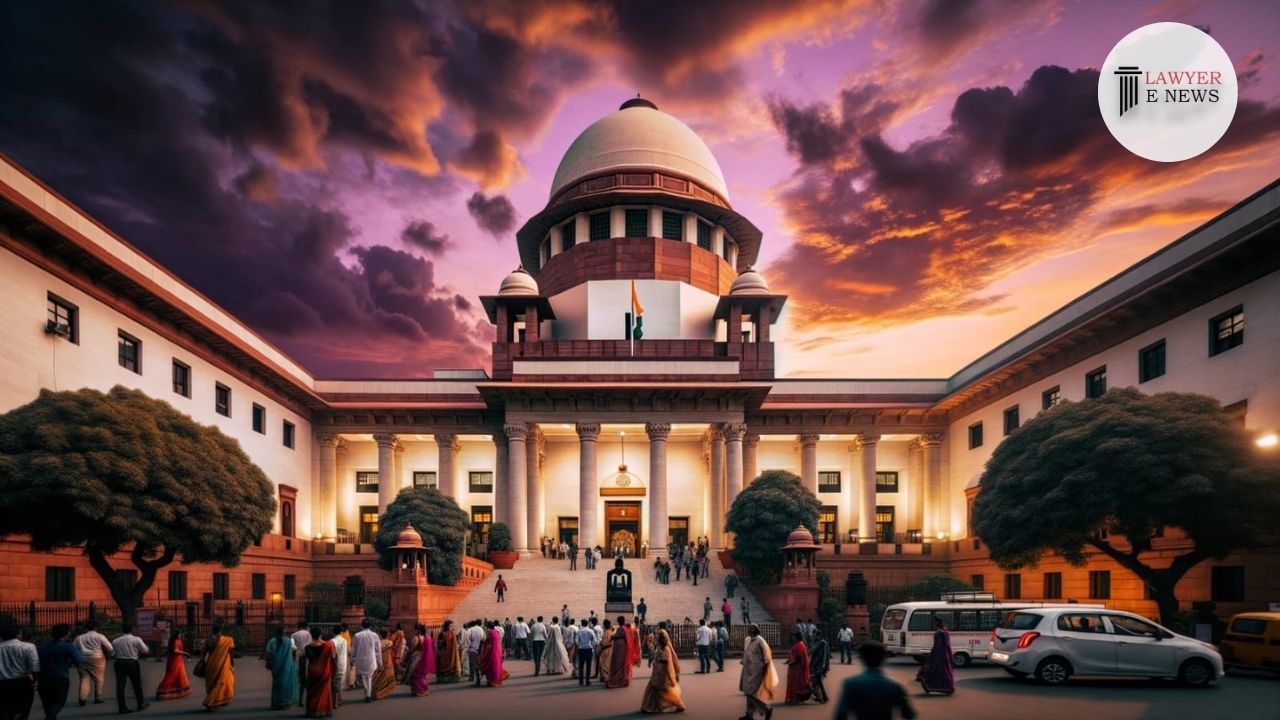-
by Admin
15 February 2026 5:35 AM



In a recent judgment dated 11th October, 2023, the Supreme Court of India highlighted the crucial duty of employers to provide a rational and justifiable reason for rejecting applicants in cases involving eligibility for public employment. The case, which dealt with disqualification based on conflicting interpretations of an educational certificate, underscored the importance of fair and non-discriminatory treatment in the selection process.
The judgment, delivered by the bench of BELA M. TRIVEDI and DIPANKAR DATTA, focused on a case where an applicant was declared ineligible after actively participating in the selection process. The Court held that once a candidate has been allowed to participate in the selection process and subsequently appears in the merit list, they have a reasonable expectation of being appointed.
However, the Court noted that if the candidate's eligibility is questioned during the selection process, it is the duty of the employer to provide a reasoned explanation for disqualification. In this case, the employer had declared the applicant ineligible based on their interpretation of the educational certificate, but failed to seek clarification from the issuing authority. The Court found this action to be arbitrary and in violation of principles of natural justice.
The judgment further directed the employer to offer the disqualified applicant an appointment, initially on probation, and create a supernumerary post if no vacancy exists. It also specified that the applicant would not be entitled to arrears of salary or seniority but would be eligible for retiral benefits based on the last pay drawn.
The ruling serves as a reminder that employers, especially those in the public sector, must adhere to fair and transparent selection processes and provide valid reasons for disqualifications. The duty to act fairly and without arbitrariness is essential to uphold the principles of equality and justice enshrined in the Constitution of India.
Date of Decision: 11 October, 2023
UNION OF INDIA vs UZAIR IMRAN & ORS.
